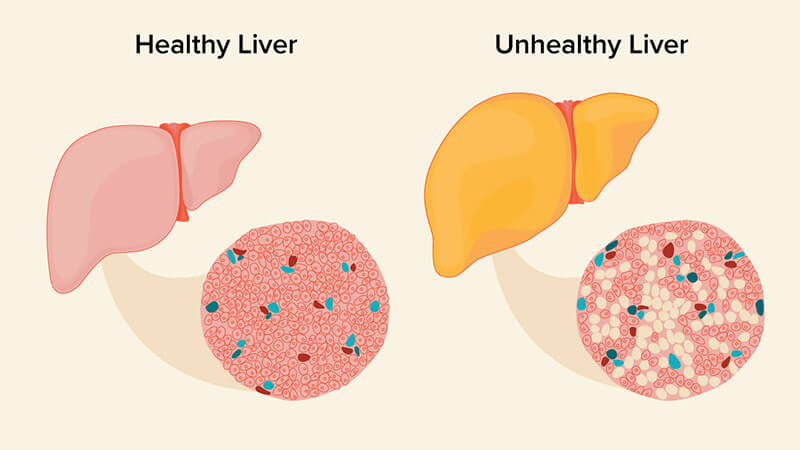@thestomachdoc Here are 5 skin changes that be indicative of liver disease and should be discussed with your doctor. #fattyliver #liver #alcohol #healthtips #guttok #healthtok #healthytips #guthealth ♬ original sound – Dr. Joseph Salhab
In our quest for overall well-being, we often overlook the importance of liver health. The liver is an extraordinary organ responsible for numerous vital functions, including detoxification, metabolism, and nutrient storage. In this blog post, we will delve into the significance of liver health, explore the role of nutrition, and discuss practical strategies to support this remarkable organ.
Understanding the Liver’s Role
The liver plays a pivotal role in detoxification, filtering harmful toxins from the bloodstream and converting them into less toxic substances for elimination. It also metabolizes nutrients, synthesizes vital proteins, and stores essential vitamins and minerals. Additionally, the liver produces bile, which aids digestion and the absorption of fats and fat-soluble vitamins.
Nutrition for Liver Health
- Balanced Diet: A well-rounded diet is fundamental to liver health. Focus on consuming whole foods, including plenty of fruits, vegetables, lean proteins, whole grains, and healthy fats. Incorporate various colors into your meals to ensure a wide range of antioxidants, vitamins, and minerals.
- Hydration: Staying adequately hydrated is vital for liver health. Water helps flush out toxins, supports digestion, and assists in the production of bile. Aim to drink at least eight glasses of water daily, and consider herbal teas and freshly squeezed juices as additional hydrating options.
- Antioxidant-Rich Foods: Antioxidants protect the liver from oxidative stress. Include foods rich in antioxidants, such as berries, leafy greens, cruciferous vegetables (e.g., broccoli and Brussels sprouts), and colorful fruits like citrus, grapes, and pomegranates.
- Healthy Fats: Incorporate healthy fats into your diet, such as avocados, nuts, seeds, and olive oil. These fats provide essential fatty acids that support liver function and help regulate inflammation.
- Limit Alcohol Consumption: Excessive alcohol consumption is one of the leading causes of liver damage. If you choose to drink, do so in moderation. For men, this means up to two drinks per day, and for women, up to one drink per day.
- Minimize Processed Foods: Processed foods often contain unhealthy fats, added sugars, and artificial additives. These can burden the liver and hinder its optimal function. Opt for whole, unprocessed foods whenever possible.
- Reduce Added Sugars: High consumption of added sugars can lead to non-alcoholic fatty liver disease. Be mindful of your sugar intake and limit your consumption of sugary beverages, sweets, and processed snacks. Instead, satisfy your sweet tooth with natural sugars found in fruits.
Lifestyle Habits for Liver Health
- Exercise Regularly: Engaging in regular physical activity not only helps maintain a healthy weight but also improves liver health. Exercise promotes blood circulation, aids in weight management, and reduces the risk of fatty liver disease.
- Manage Stress: Chronic stress can negatively impact liver health. Adopt stress management techniques like meditation, deep breathing exercises, yoga, or engaging in hobbies that bring joy and relaxation.
- Avoid Smoking: Smoking introduces harmful toxins into the body and burdens the liver’s detoxification process. Quitting smoking improves liver health and has numerous other health benefits.
- Maintain a Healthy Weight: Obesity and excessive weight gain can lead to fatty liver disease. Maintain a healthy weight through a balanced diet and regular exercise.
Conclusion
The liver is a remarkable organ that is vital to our overall health and well-being. By prioritizing liver health through proper nutrition, hydration, and lifestyle choices, we can support its optimal function and safeguard against various liver-related conditions. Incorporate these practical strategies into your daily routine and consult a healthcare professional or registered nutritionist for personalized guidance. Remember, investing in your liver health is a long-term investment in overall vitality and longevity.

